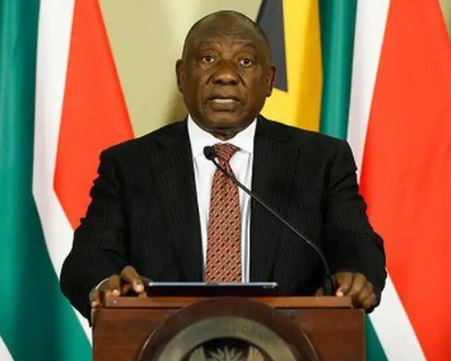South Africa’s governing coalition is bracing for potential turbulence as President Cyril Ramaphosa prepares to sign the Basic Education Laws Amendment (Bela) Bill into law at a public ceremony this Friday. The legislation, passed by the previous ANC-dominated parliament, proposes sweeping changes to the education system, but has sparked intense debate and opposition from within the coalition government. The Bela Bill introduces several significant reforms, including:
– National regulation of school admissions and language of instruction
– Mandatory regulation of home schooling
– Compulsory Grade R schooling for four and five-year-olds
– Strengthened measures against corporal punishment, with potential fines and jail time for offenders
The African National Congress (ANC) supports these changes as necessary to address educational inequalities and transform the system.
Intense Opposition from the Democratic Alliance
The Democratic Alliance (DA) and other coalition partners have expressed strong opposition to the bill. DA leader John Steenhuisen has indicated that if the bill is enacted, the party will have to “consider all of our options on the way forward.” The DA’s main concerns revolve around the bill’s provisions on language and admission policies, which they argue threaten the autonomy of school governing bodies and may negatively impact Afrikaans-speaking communities.
The most contentious aspect of the bill is its provisions on language and admission policies. Critics argue that it may erode the rights of Afrikaans-speaking communities and undermine the autonomy of schools to set their own language policies. Civil rights group AfriForum has condemned the bill as a threat to Afrikaans schools and quality education.
Home Schooling Regulations Stir Debate
The bill’s proposed regulations on home schooling are also controversial. Currently, many unregulated schools operate under a loophole, but the Bela Bill aims to close this gap by bringing these institutions under state regulation.
As the ANC’s coalition partners, including the DA, grapple with the implications of the Bela Bill, the stability of the coalition government could be at risk. While Steenhuisen has not yet withdrawn from the coalition, he has warned that continued conflict over policy may lead to a reevaluation of the partnership. The DA has suggested amendments to the bill to align it with constitutional principles, but these have not been included in the final version.
The signing of the Bela Bill marks a critical moment for South Africa’s coalition government, testing its ability to navigate internal disagreements and maintain unity amid significant policy changes.















